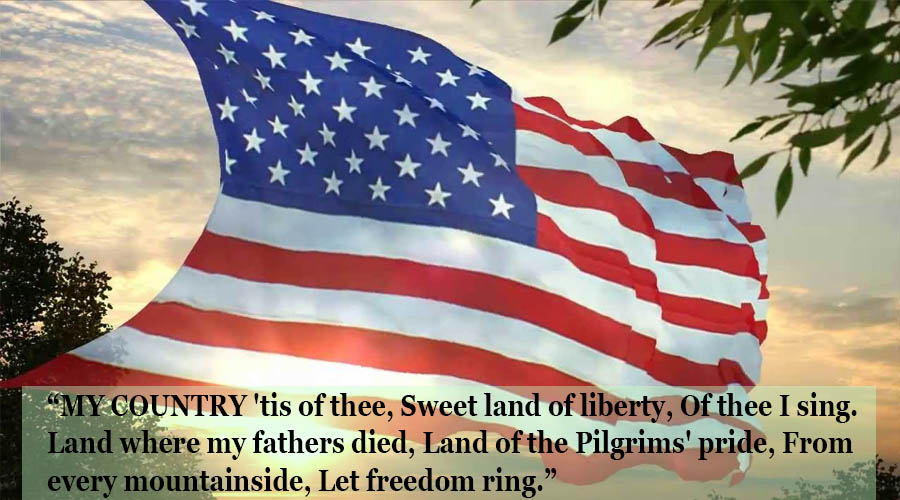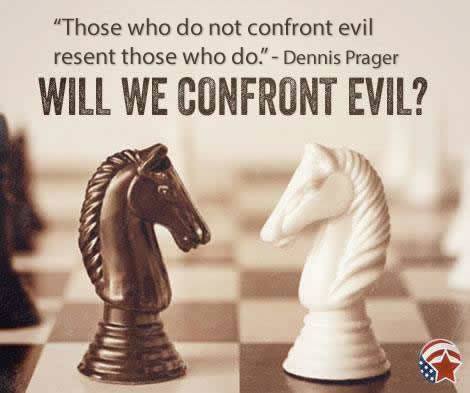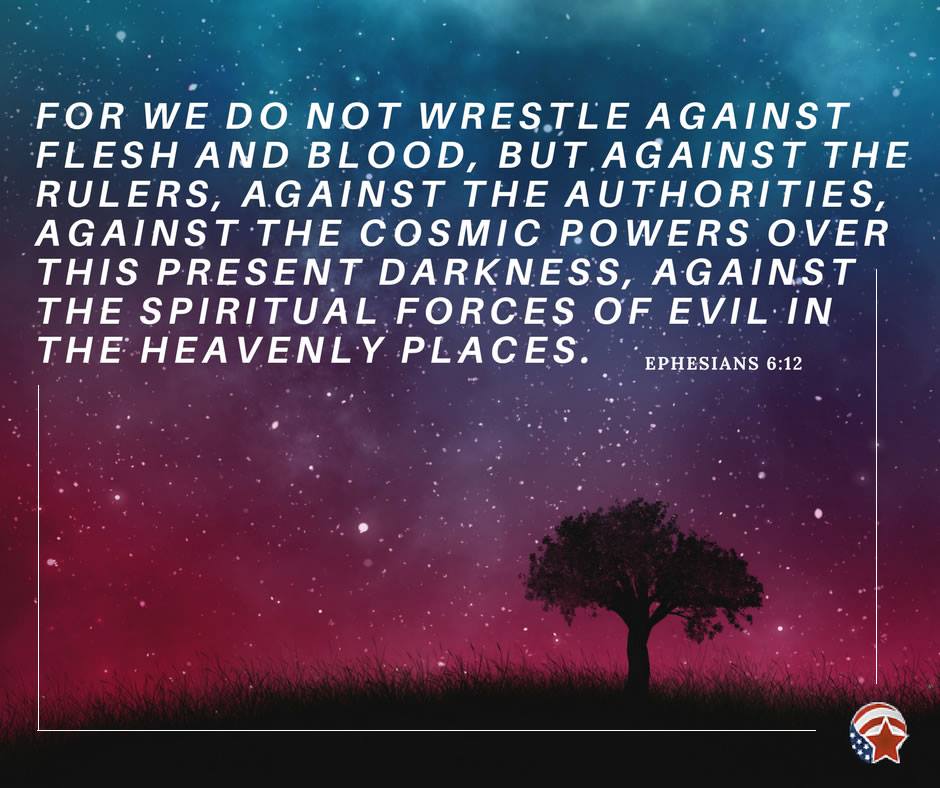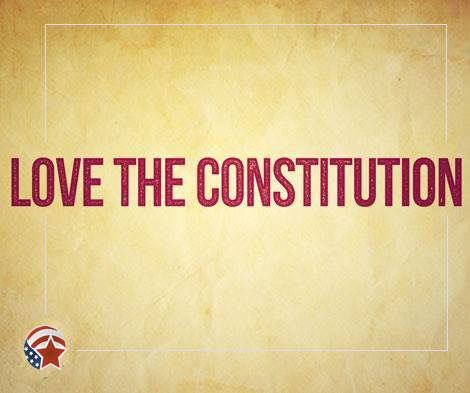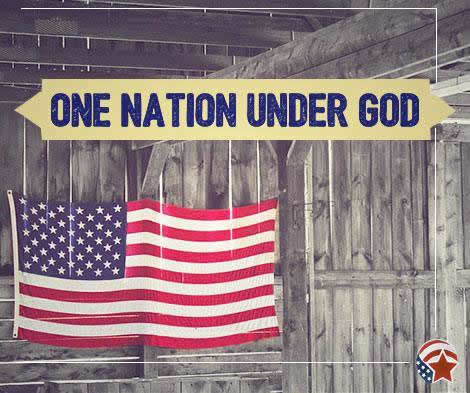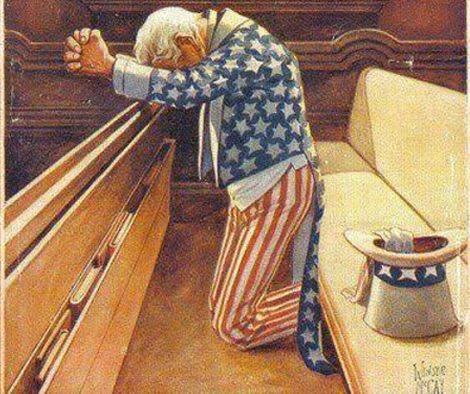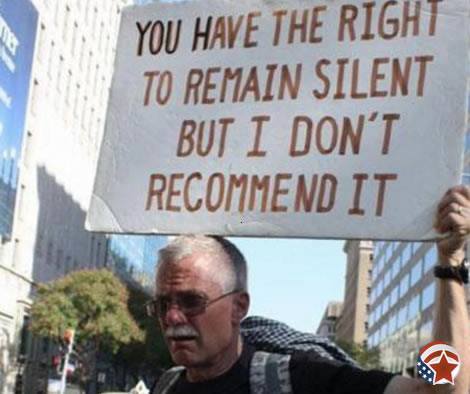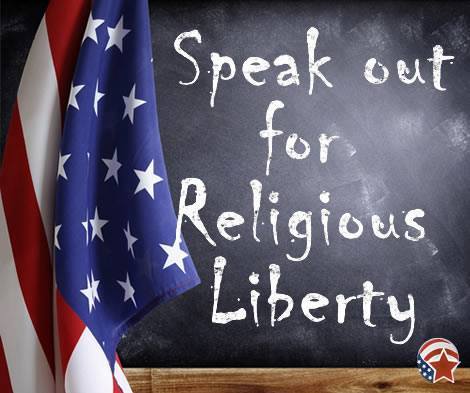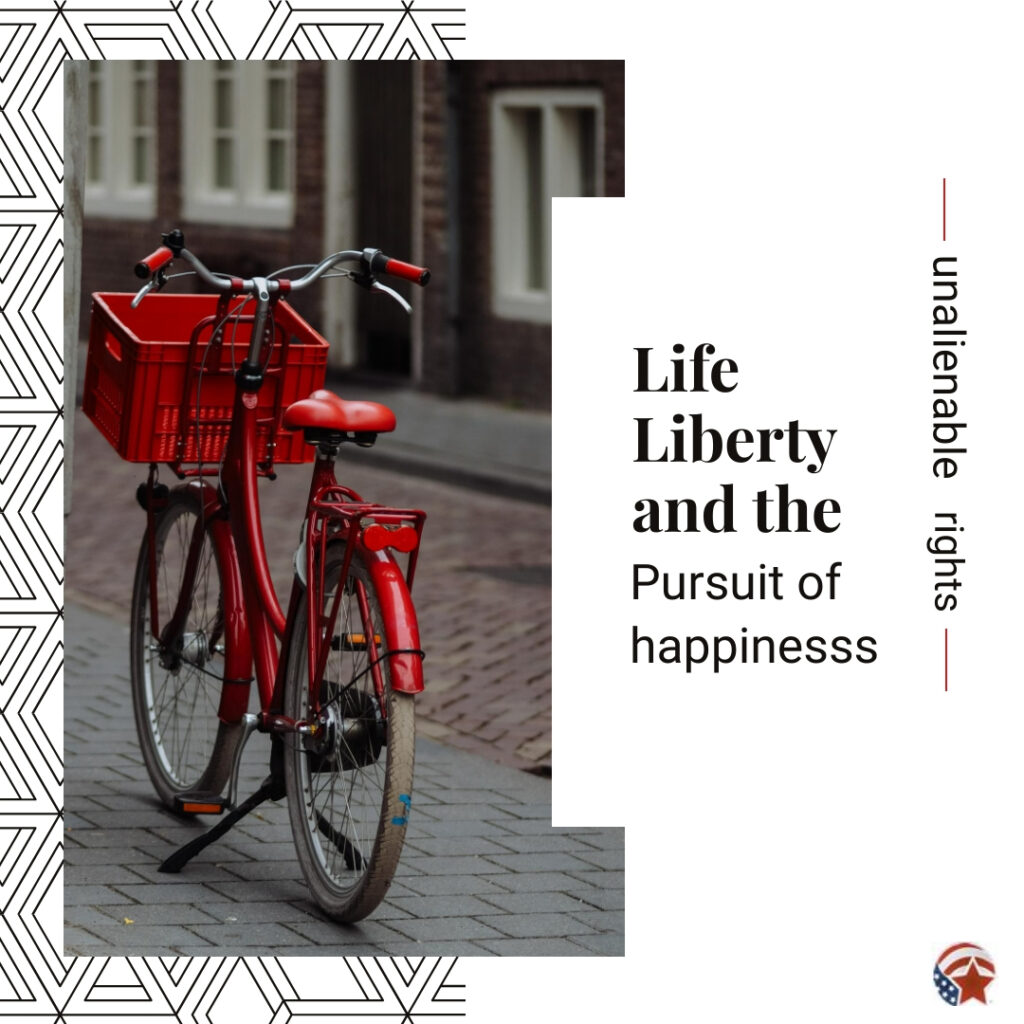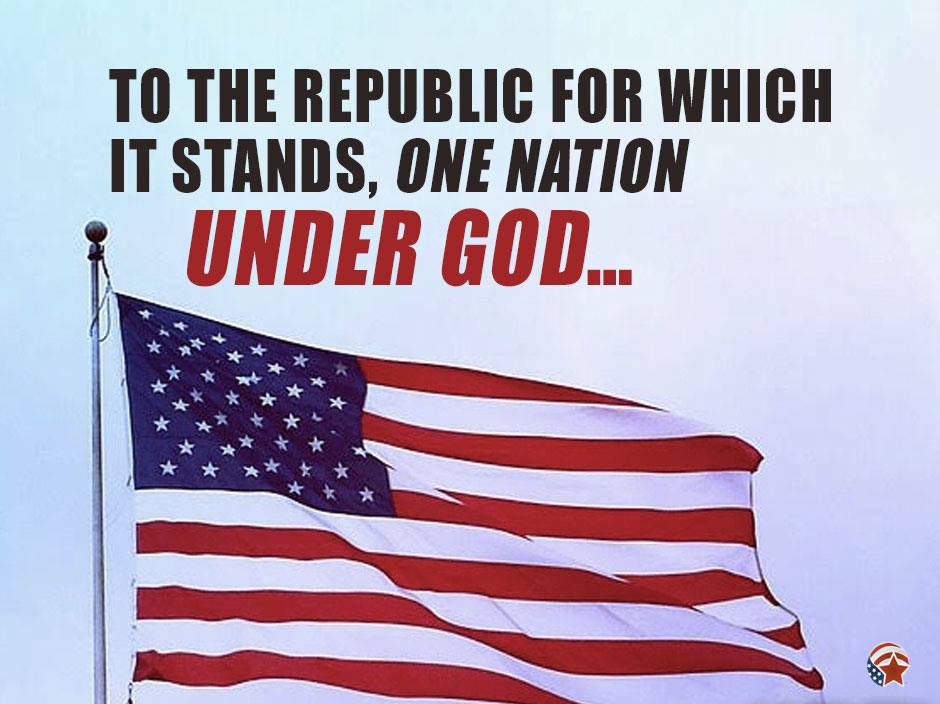“We must not allow our creative protest to degenerate into physical violence …” stated Rev. Martin Luther King, Jr., at the Civil Rights March on Washington, August 28, 1963.

Martin Luther King, Jr., continued:
“I have a dream … where little black boys and black girls will be able to join hands with little white boys and white girls and walk together as sisters and brothers …This will be the day when all of God’s children will be able to sing with new meaning, ‘MY COUNTRY ’tis of thee, Sweet land of liberty, Of thee I sing.
Land where my fathers died, Land of the Pilgrims’ pride, From every mountainside, Let freedom ring.'”
The song that Martin Luther King, Jr., recited, “MY COUNTRY ’tis of thee,” was written by Samuel Francis Smith, who died NOVEMBER 16, 1895.
Samuel Francis Smith was a classmate at Harvard with poet Oliver Wendell Holmes, who wrote the famous poem “Old Ironsides.” Smith went to Andover Theological Seminary and became a Baptist minister. While a student in 1832, Samuel Francis Smith admired a tune while translating a German Hymnal. The same tune was used for British, Canadian, Russian, Danish, Swedish and Swiss National anthems.
Smith stated:
“I instantly felt the impulse to write a patriotic hymn of my own, adapted to the tune. Picking up a scrap of waste paper which lay near me, I wrote at once.”

Proclaiming “Let Freedom Ring Day,” July 3, 1986, President Ronald Reagan recalled the 4th stanza of “MY COUNTRY ’tis of thee”:
“As the golden glow of the Statue of Liberty’s rekindled torch calls forth … throughout our land, let every American take it as a summons to re-dedication, recalling those words we sang as children:
‘Our father’s God, to Thee, Author of Liberty, To Thee we sing, Long may our land be bright With Freedom’s Holy Light. Protect us by Thy might, Great God, Our King.'”
The theme of “My Country” has run through America’s history, such as the statement by 21-year-old Yale graduate Nathan Hale who declared before being hanged by the British, September 22, 1776:
“I only regret that I have but one life to lose for MY COUNTRY.”
In contemplating war with the King of Great Britain, John Adams declared:
“If it be the pleasure of Heaven that MY COUNTRY shall require the poor offering of my life, the victim shall be ready, at the appointed hour of sacrifice … But while I do live, let me have a country, and that a free country!”
In 1775, when British General Gage attempted to intimidate Samuel Adams, he replied:
“I trust I have long since made my peace with the King of Kings. No personal consideration shall induce me to abandon the righteous cause of MY COUNTRY. Tell Governor Gage it is the advise of Samuel Adams to him no longer to insult the feelings of an exasperated people.”
During the Revolution, General Nathaniel Greene wrote to Samuel Ward of Rhode Island, January 4, 1776:
“Permit me, then, to recommend from the sincerity of my heart, ready at all times to bleed in MY COUNTRY’s cause, a declaration of independence; and call upon the world, and the great God who governs it, to witness the necessity, propriety and rectitude thereof… Let us, therefore, act like men inspired with a resolution that nothing but the frowns of Heaven shall conquer us.”
Signer of the Constitution Gouverneur Morris wrote April 17, 1778:
“While MY COUNTRY calls for the exertion of that little share of abilities, which it has pleased God to bestow on me, I hold it my indispensable duty to give myself to her.”
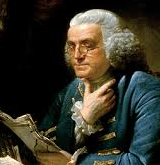 Benjamin Franklin wrote from Philadelphia to David Hartley, December 4, 1789:
Benjamin Franklin wrote from Philadelphia to David Hartley, December 4, 1789:
“God grant that not only the love of liberty but a thorough knowledge of the rights of man may pervade all the nations of the earth, so that a philosopher may set his foot anywhere on its surface and say: This is MY COUNTRY.”
Attributed to Thomas Paine, The American Patriot’s Prayer, written in 1776, reflected the sentiment of the colonies:
“But chief to hear MY COUNTRY’s voice, may all my thoughts incline, ‘Tis reason’s law, ’tis virtue’s choice, ‘Tis nature’s call and thine.”
To read full article click here: http://bit.ly/2g3ZTA6

